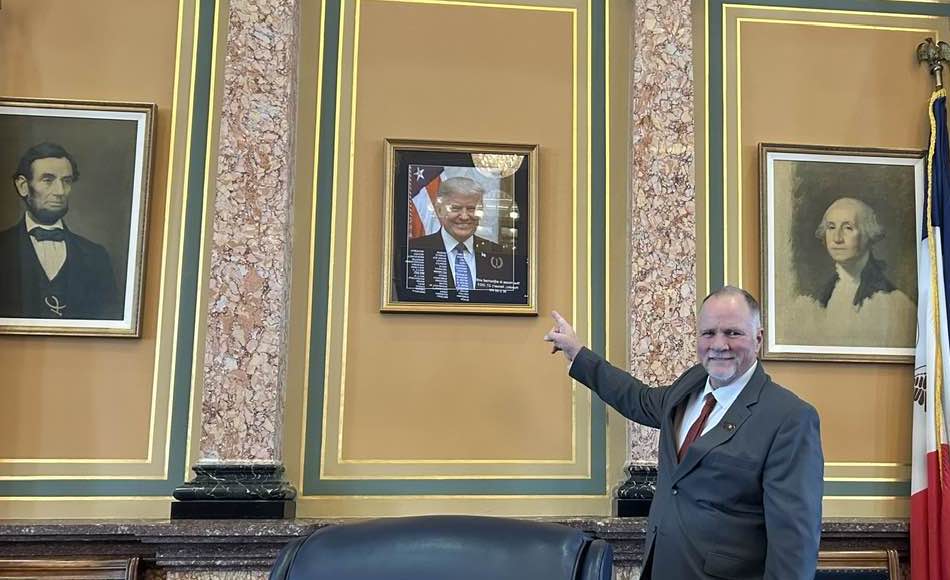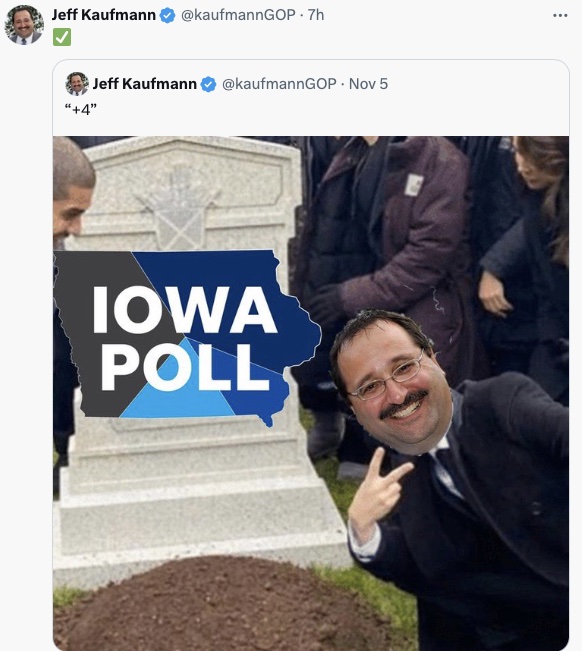Matthew P. Thornburg is an associate professor at Misericordia University who studies elections. His mother’s side of the family hails from Greene and O’Brien counties, and he maintains close ties to Iowa and its politics.
The use of eminent domain to build carbon capture pipelines is a uniquely controversial issue in Iowa politics. Unlike most issues in the state, which fit neatly into the red vs. blue paradigm of modern U.S. politics, CO2 pipelines put Iowa’s Republican establishment on the wrong side of most voters in the state and divide the Republican Party base. The issue remains salient in Des Moines as potentially competitive primary and general election contests loom for governor of Iowa in 2026.
Among recent developments in the governor’s race, U.S. Representative Randy Feenstra (IA-04) has reportedly raised millions of dollars for his bid for the nomination, and has rolled out a slew of endorsements from other Iowa GOP elected officials. Feenstra is no stranger to the pipeline issue. The Summit Carbon Solutions pipeline most heavily affects his district in northern and western Iowa. His 2024 opponents all emphasized the issue: Kevin Virgil in the Republican primary and Democrat Ryan Melton and Libertarian Charles Aldrich in the general election.
Feenstra’s perceived indifference on the CO2 pipeline offers an opening for rivals in the upcoming Republican primary for governor.
Continue Reading...







